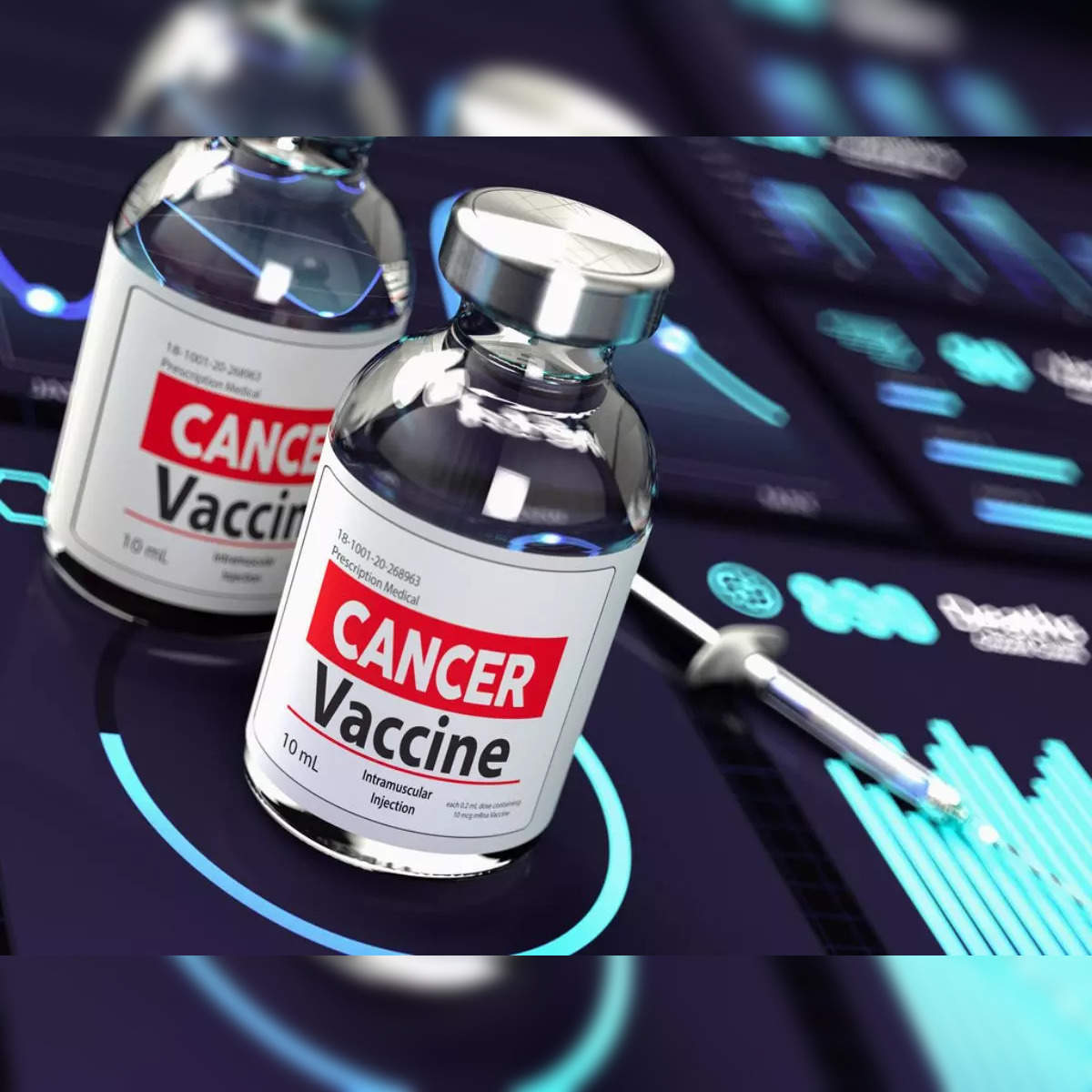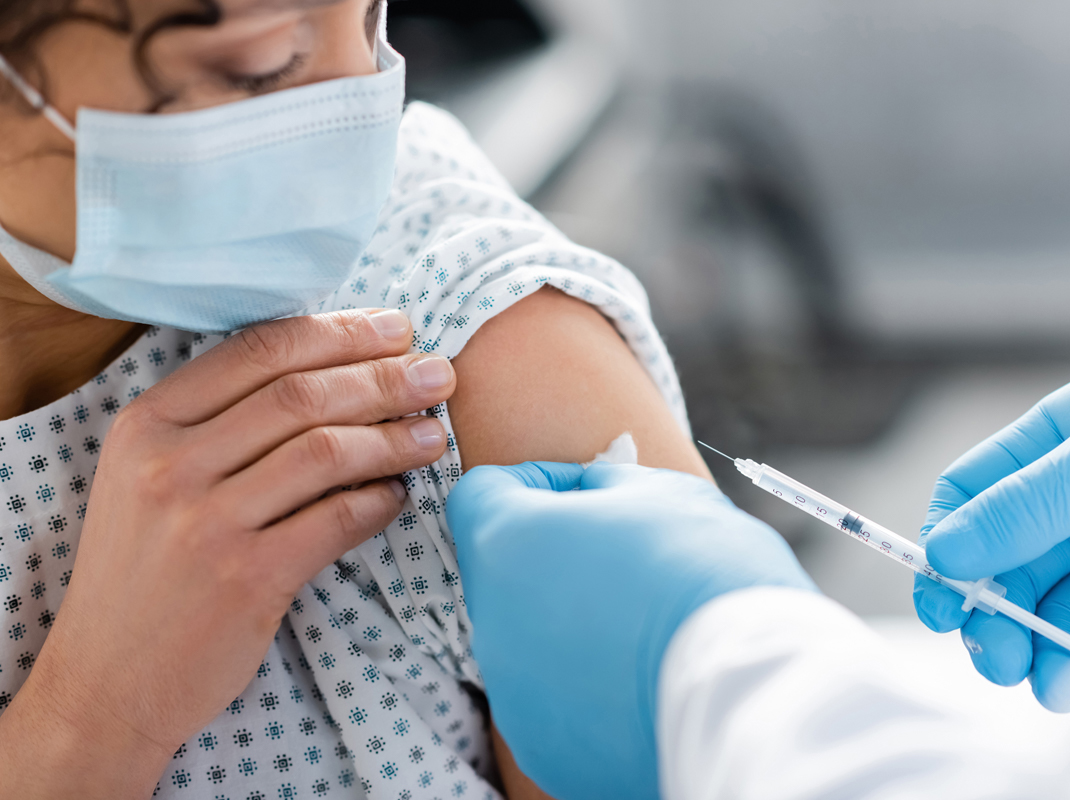The quest for a universal cancer vaccine has seen significant advancements in recent years, raising hopes for a breakthrough that could revolutionize oncology. Researchers worldwide are leveraging mRNA technology and other innovations to develop vaccines targeting various cancers. While Russia recently claimed to have developed an mRNA-based cancer vaccine, the absence of verifiable clinical data leaves this assertion unconfirmed. However, trials in the US, Europe, and Asia are showing tangible progress, offering a beacon of hope to millions battling this disease.
The Potential of a Universal Cancer Vaccine
Cancer vaccines differ from traditional vaccines as they are therapeutic rather than preventive. Instead of stopping a disease before it begins, they work by teaching the immune system to target and destroy cancer cells already present in the body.
Developing a universal cancer vaccine entails creating a solution effective across multiple cancer types, a daunting task given the heterogeneity of cancer. However, advancements in personalized medicine and mRNA technology—proven successful in COVID-19 vaccines—have significantly accelerated progress.
Current Global Developments
Russia’s mRNA Vaccine Claims
Russia recently announced that its researchers have developed an mRNA-based cancer vaccine capable of targeting various tumor types. However, due to limited clinical data, experts have urged caution, emphasizing the importance of peer-reviewed studies and transparent trial outcomes.
Breakthroughs in the US and Europe
In the United States, Moderna and BioNTech—key players in the COVID-19 mRNA vaccine landscape—are conducting promising cancer vaccine trials. Moderna has reported progress in Phase 2 trials for a personalized mRNA vaccine targeting melanoma, demonstrating improved survival rates in patients. Similarly, BioNTech is expanding its focus beyond infectious diseases to target solid tumors, with multiple trials in progress.
In Europe, researchers are exploring dendritic cell-based vaccines, which prime the immune system to recognize and attack cancer cells. Early-stage trials have shown potential, particularly in treating cancers like glioblastoma and pancreatic cancer, both of which have poor survival rates.
Asian Innovations
Asian countries are also contributing significantly. Japan has pioneered peptide-based vaccines targeting specific proteins expressed by cancer cells, while China is heavily investing in CAR-T cell therapies that combine vaccination with genetic modification of immune cells.
Challenges on the Road to Success
Despite these advances, numerous hurdles remain:
- Tumor Diversity: Each type of cancer has unique mutations and characteristics, complicating the development of a one-size-fits-all vaccine.
- Cost and Accessibility: Advanced treatments like mRNA vaccines are expensive to develop, potentially limiting access in low- and middle-income countries.
- Regulatory Approvals: Ensuring safety and efficacy through rigorous trials is time-consuming and requires substantial investment.
How Do Cancer Vaccines Work?
Cancer vaccines typically fall into two categories:
- Preventive Vaccines: Protect against cancers caused by viruses, such as the HPV vaccine for cervical cancer.
- Therapeutic Vaccines: Stimulate the immune system to target and destroy existing cancer cells.
mRNA vaccines work by delivering genetic instructions to cells, prompting them to produce proteins associated with cancer cells. These proteins then trigger an immune response, enabling the body to attack the tumor.
When Can We Expect a Universal Cancer Vaccine?
While headlines about cancer vaccines often sound promising, experts caution against unrealistic timelines. Most vaccines are still in early trial phases and require years of research before becoming widely available. Based on current progress, the following timelines are plausible:
- Targeted Vaccines: Therapeutic vaccines for specific cancers like melanoma and lung cancer could reach approval within 5-10 years.
- Universal Vaccines: A single vaccine effective against multiple cancer types may take 15-20 years due to the complexity of cancer biology.
What This Means for Patients?
For patients and their families, the prospect of cancer vaccines represents hope for a future where cancer is not a death sentence but a manageable condition. However, it is essential to remain grounded and understand that while progress is rapid, challenges remain.

A Promising Horizon in Oncology
The race to develop a universal cancer vaccine reflects the extraordinary potential of modern science and technology. Though the path is fraught with challenges, every small breakthrough brings humanity closer to transforming the fight against cancer. With continued innovation, investment, and collaboration, a world where cancer vaccines are commonplace may soon become a reality.


